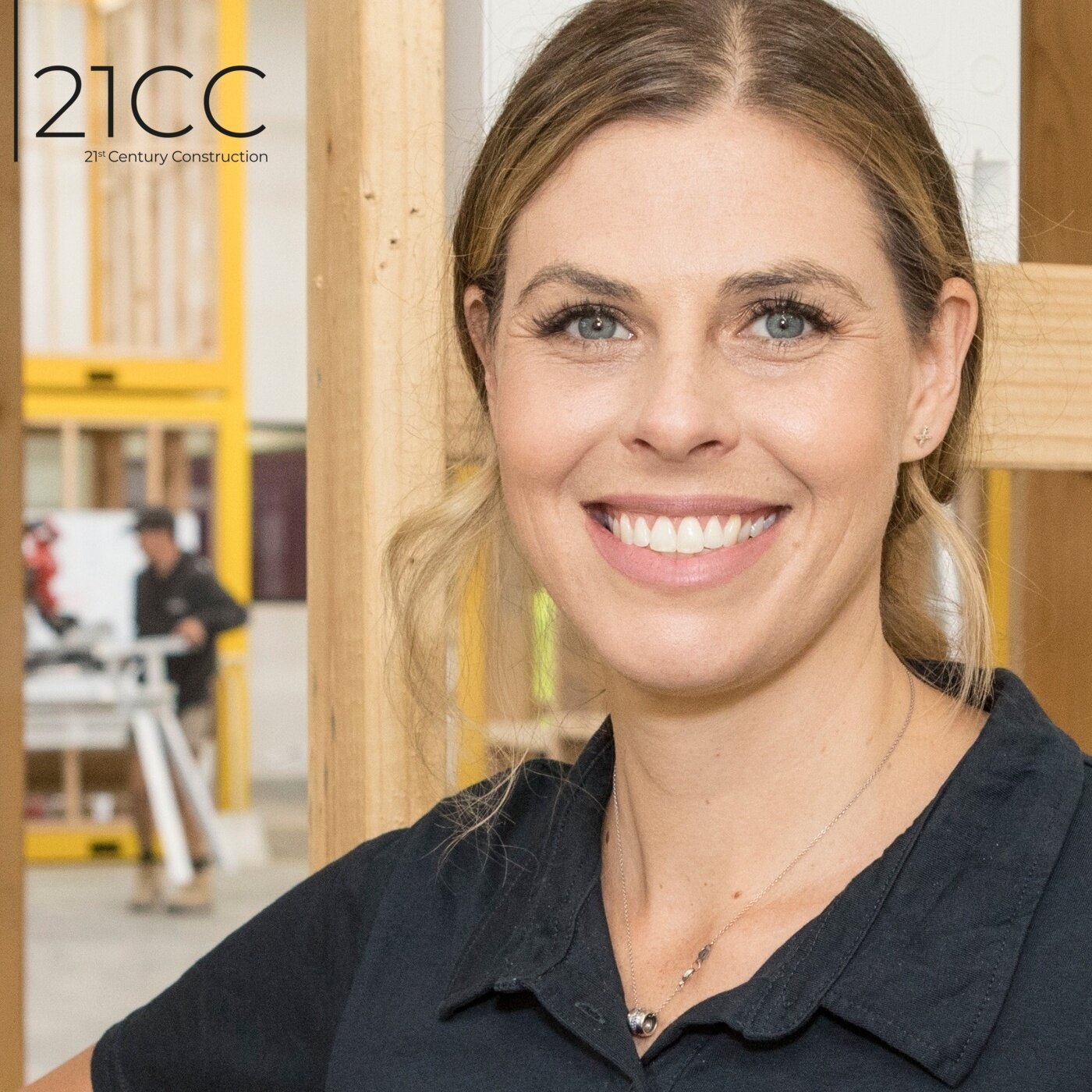Feb 15 2024 31 mins
Crushed by a horse, now crushing prejudice [00:32]
Elite Australian athlete Hacia Atherton spent seven months in hospital recovering from a near-fatal accident in 2017.
She was told she may never walk again, but she was having none of it.
It took many months after leaving hospital, but she fought the pain and self-doubt to get back on her feet.
In the process, she hatched a new mission in life: to make the construction trades a beautiful career for women and men.
Her unique approach with Empowered Women In Trades (EWIT) has helped thousands of women take up a trade in an industry where only 3% of tradespeople are female, and she’s only just getting started.
Construction Skills Olympians [11:12]
November saw the WorldSkills UK National Finals, highlighting the talents of the country’s up-and-coming professionals.
One of the competition’s categories was Digital Construction, and Justin Stanton spoke to three digital construction specialists who came away with medals: Rebekah Over, Tom Bowles, and Calam Kearney.
The rhetoric of modernisation [20:20]
Have you ever wondered why report after report telling the industry to “modernise” never change anything? Or why they seem to bear little relation to the way the industry even works?
University of Reading Professor Stuart Green has been studying the construction “improvement” agenda for 30 years.
The second edition of his book, Making Sense of Construction Improvement, came out last month, covering the years of austerity, Brexit, and what he calls the “perma-crisis” gripping the industry, marked by a string of disasters including collapsing Edinburgh schools, the Grenfell catastrophe, and the ruination of Carillion.
Its overarching theme is the idea that “modernisation” itself is used as a kind of propaganda to deflect attention away from what really stops us improving quality, safety, and productivity.
It’s genius, he says, because while nobody can really define what “modern” construction means, absolutely nobody wants to be seen as old-fashioned.
